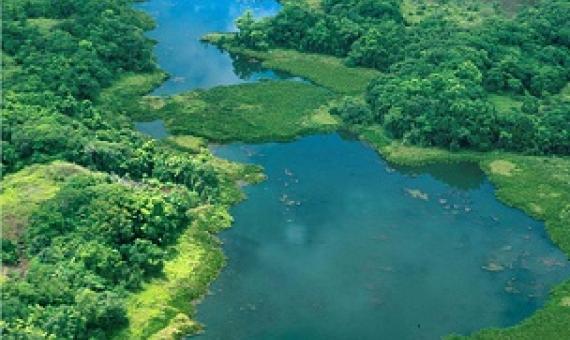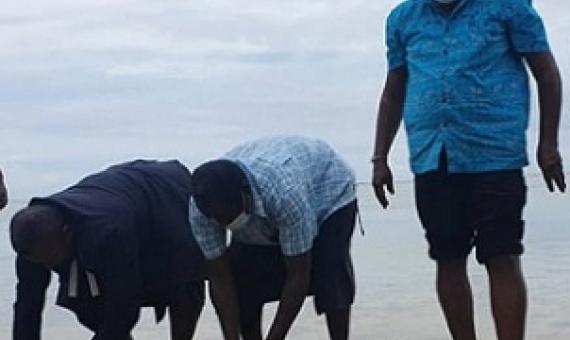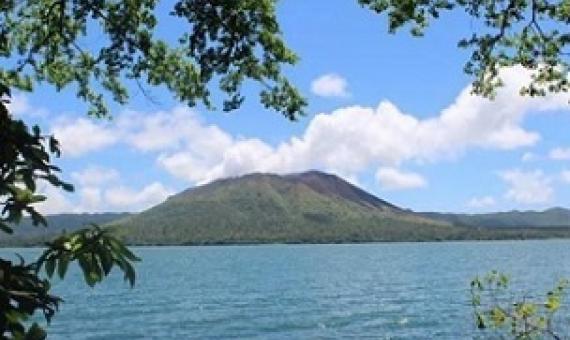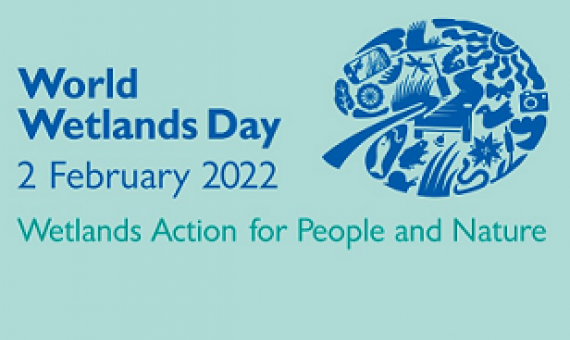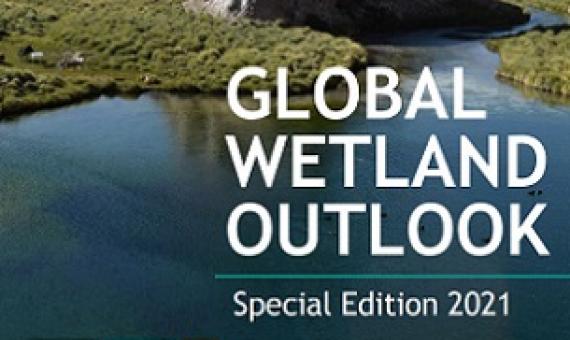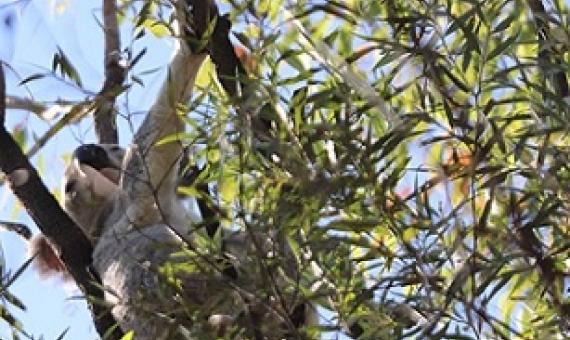Ngardok Nature Reserve (NNR), Palau’s only freshwater lake and surrounding jungle located in the state of Melekeok, celebrates 25 years since establishment by Melekeok State Public Law in December 1997.
Minister for Environment Dr. Mahendra Reddy says they are partnering with the villagers of Naidiri in Malomalo, Nadroga to protect and conserve reef biodiversity within their qoliqoli.
Vanuatu is party to the Convention on Wetlands (Ramsar Convention)...The first site for Vanuatu...registered as the first internationally recognised Ramsar wetland site is Lake Letas on Gaua. Lake Letas is Vanuatu’s biggest lake and one of the largest volcanic lakes in the Pacific.
A group dedicated to preserving the Muri Lagoon and surrounding area has taken advantage of World Wetlands Day to push forward with one of its multiple projects.
RAMSAR Advisory Mission (Wetland Conservation)
Ramsar Advisory Mission on wetland conservation
World Wetlands Day is nearly here! The theme is Wetlands Action for People and Nature...A call to take action for wetlands is the focus of this years’ campaign.
The Global Wetland Outlook: Special Edition 2021
As an update to the 2018 Global Wetland Outlook, this special edition on the occurrence of the Convention’s 50th anniversary presents new findings on the status and value of wetlands globally, particularly in the context of the global pandemic, climate and biodiversity crises and broader global shifts.
The Secretariat is pleased to inform you of the release of the Global Wetland Outlook: Special Edition 2021. As an update to the 2018 Global Wetland Outlook, this special edition on the occurrence of the Convention’s 50th anniversary presents new findings on the s
Human impacts and Anthropocene environmental change at Lake Kutubu, a Ramsar wetland in Papua New Guinea
The impacts of human-induced environmental change that characterize the Anthropocene are not felt equally across the globe. In the tropics, the potential for the sudden collapse of ecosystems in response to multiple interacting pressures has been of increasing concern in ecological and conservation research. The tropical ecosystems of Papua New Guinea are areas of diverse rainforest flora and fauna, inhabited by human populations that are equally diverse, both culturally and linguistically.
The government last week called for nominations for Areas of Outstanding Biodiversity Value (AOBVs), which qualify for conservation work funding from the Biodiversity Conservation Trust.

